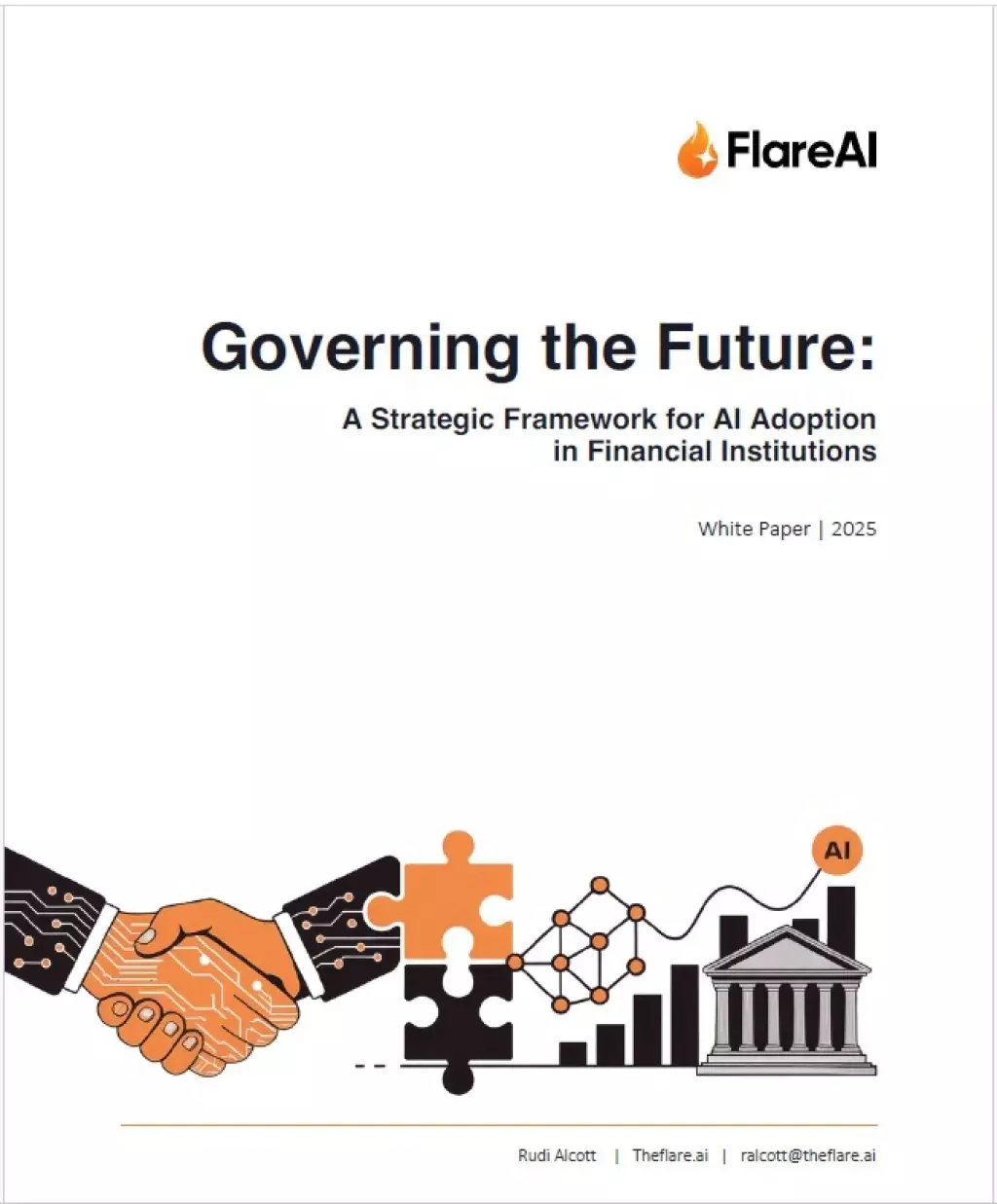Florida Polytechnic University Develops Advanced Machine Learning Model for Nuclear Physics
Florida Polytechnic University has introduced a groundbreaking machine learning model called the Four Model Tree Ensemble, designed to predict nuclear binding energies with unprecedented accuracy. This development was announced in a press release and represents a significant advancement in nuclear physics research.
Developed by Dr. Ian Bentley, professor and chair of the University's Department of Physics, the model combines several machine learning techniques to enhance prediction precision. Dr. Bentley presented this innovation at an international astrophysics conference in Germany and has published two papers on the subject in the journal Physical Review C.
The Four Model Tree Ensemble aims to improve the understanding of nuclear masses, which are crucial for studying element formation in the universe. While existing methods have utilized neural networks or kernel-based machine learning, Bentley's approach leverages an advanced algorithm that integrates multiple decision trees, resulting in superior accuracy. This model is expected to aid both theoretical and experimental efforts in nuclear physics, bridging the gap between the two fields.
Florida Polytechnic University continues to push the boundaries of scientific research, with plans for further exploration in this area involving a research team that includes undergraduate students.
We hope you enjoyed this article.
Consider subscribing to one of our newsletters like Daily AI Brief.
Also, consider following us on social media:
Subscribe to Daily AI Brief
Daily report covering major AI developments and industry news, with both top stories and complete market updates
Whitepaper
Governing the Future: A Strategic Framework for AI Adoption in Financial Institutions
This whitepaper explores the transformative impact of artificial intelligence on the financial industry, focusing on the governance challenges and regulatory demands faced by banks. It provides a strategic framework for AI adoption, emphasizing the importance of a unified AI approach to streamline compliance and reduce operational costs. The document offers actionable insights and expert recommendations for banks with fewer than 2,000 employees to become leaders in compliant, customer-centric AI.
Read more
